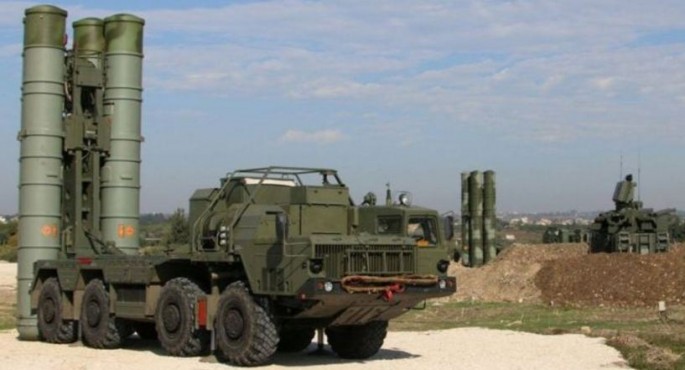The crisis that has now brought NATO and Russia closer to war is the result of a long and systematic NATO project to contain and weaken Russia.
A story in the PLA Daily, the official newspaper of the People's Liberation Army (PLA), also claims "NATO's eastward expansion has largely squeezed Russia's strategic depth and changed their power landscape."
The story author identified as Chen Yongyi argued that after the fall of the Soviet Union, Russia looked to the West as its "true friend" and changed its military strategy to a "purely defensive" posture "in hopes of being accepted by the West."
NATO, however, repaid Russia's olive branch by never relaxing its containment of Russia despite the death of communism.
"After the Cold War, NATO has kept expanding eastward and taken in many countries that were once in the Warsaw Treaty Organization or the Soviet Union," said Chen.
"Today, it has successfully created an alliance around Russia that is opposed to or at least defensive against the country.
Chen also believes NATO lured Russia to continuously expand its military in the hope Russia would drain its resources, much the same way the Soviet Union did in the face of aggressive American defense spending. Historians agree one of the main causes of the Soviet Union's fall was a massive overspending on defense that bankrupted its national coffers, causing widespread food shortages and public anger.
Chen further contends that NATO believes Russia will be easier to subdue or defeat when Russia's strategic strength "is no longer able to serve its strategic ambition."
He said that under Putin's leadership, however, "Russia has displayed strategic control and capability."
Chen further argues that Russia has shown "great power and resilience every time it was oppressed by foreign forces to a critical point."
"At first it had false hopes on NATO, but when NATO expanded eastward to its front yard and its core interests were constantly hurt, Russia began to take countermoves in both hard and soft approaches.
On one hand, it avoided any direct and head-on conflict with NATO, and used every opportunity to enhance dialogue and cooperation with it."



























